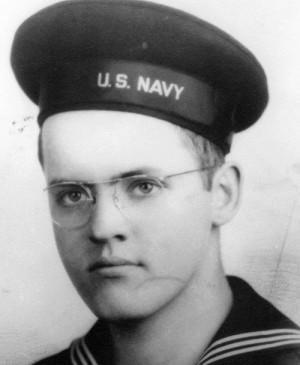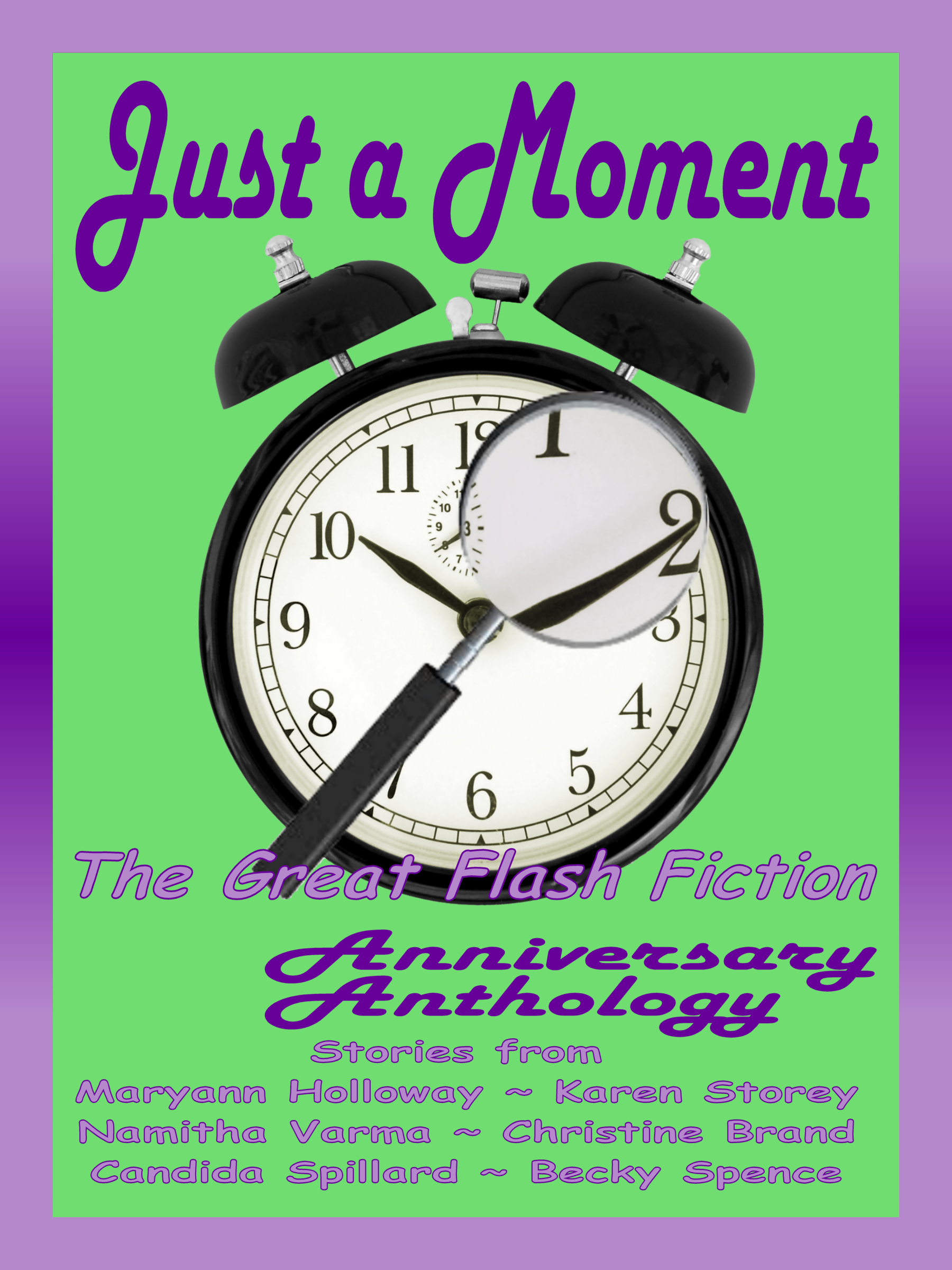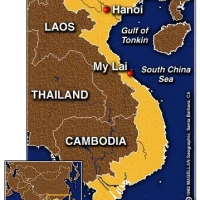On August 26, 1948, the temperature hits 108 degrees Fahrenheit in New York City during a week-long heat wave that kills at least 33 people.
The intense heat hit the entire northeastern United States, but it was New York City and Philadelphia that suffered the most. In New York, thousands flocked to the beaches and a good portion stayed there at night, not wanting to return to their oppressively hot homes. At the time, there was much speculation that intense heat might cause mental problems. Hydrants were opened up throughout the city to help people cool off with the implicit permission of the authorities, since they wanted to keep everyone as calm as possible.

Two youngsters attempt to beat the sweltering New York heat by creating a makeshift bed on an 11th Street building fire escape during the summer of 1948.
Babies Hospital in Manhattan reported that seven children came in on a single day showing severe dehydration and fever. This led to a key discovery by doctors that children under two years of age with prior cerebral defects were particularly susceptible to high temperature. This information now sometimes enables the diagnosis of subtle cerebral defects in children who were not known to have the condition.
The August heat wave was the culmination of an entire summer of intense heat in Philadelphia. The city, in an unprecedented coup, had managed to snag both the Republican and Democratic Party conventions (as well as the convention for third-party candidate Henry Wallace’s Progressive Party). The heat was unbearable for the visitors—more than 100 of the Democratic delegates had to seek first-aid treatment during the convention. (No surprise then that it took more than 50 years for Philadelphia to win another convention—the Republican National Convention was finally held there again in 2000.)


 Check out my other blog
Check out my other blog I'M PUBLISHED
I'M PUBLISHED I'm Published Again
I'm Published Again









Thanks. Fascinating social/ meteorological history! Regards Thom.
LikeLike
I dislike major heat. This seems like a killer. I remember 1988 as being very, very hot. This summer, in my neck of the woods has been great. Some people have complained and the media likes to make it sound horrible but if i am not dripping sweat as soon as i go outside, i am a happy camper
LikeLike